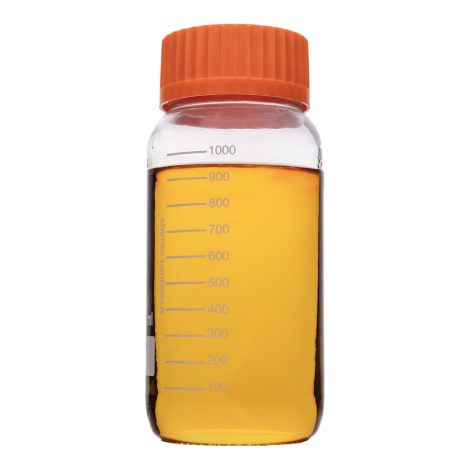The Science Behind Delta 8 THC: Understanding How It's Made
Understanding Cannabinoids: The Basics
Before diving into the production of Delta 8, it’s essential to understand the basics of cannabinoids. Cannabinoids are chemical compounds found in cannabis plants. These compounds interact with the body’s endocannabinoid system, leading to various effects. The most well-known cannabinoids are Delta 9 THC, known for its psychoactive properties, and CBD, celebrated for its therapeutic benefits.
Delta 8 THC, however, is a lesser-known cannabinoid. It’s similar in structure to Delta 9 THC but differs slightly in its chemical arrangement. This small difference significantly impacts how it interacts with the body, generally resulting in milder psychoactive effects compared to Delta 9 THC.
The Natural Occurrence of Delta 8 THC
Delta 8 is found naturally in cannabis plants, but only in very low concentrations, making direct extraction inefficient and costly. This scarcity in nature has led scientists and manufacturers to develop alternative methods to produce Delta 8 in larger, more economically viable quantities.
The Production Process: From CBD to Delta 8
The most common method of producing Delta 8 involves a chemical conversion process from CBD. CBD, being abundant in hemp plants, serves as an ideal starting material. The conversion process typically involves the following steps:
Extraction: CBD is first extracted from hemp plants. This process usually involves CO2 extraction, ensuring purity and retaining the integrity of the compound.
Dissolution: The extracted CBD is then dissolved in a solvent. This solvent can vary, but it often includes organic options like ethanol.
Acidic Reaction: The dissolved CBD is then subjected to an acidic environment. This step is crucial as the acid acts as a catalyst, initiating the chemical reaction that converts CBD into Delta 8 THC.
Purification: Post-reaction, the mixture contains Delta 8, unreacted CBD, and other by-products. It’s then subjected to a purification process, typically chromatography, to isolate Delta 8.
Testing and Analysis: The final product is rigorously tested for purity, potency, and to ensure the absence of harmful by-products. This step is crucial to ensure safety and quality.
Quality Control and Legal Considerations
Quality control is paramount in the production of Delta 8. Given that the process involves chemical reactions, it’s essential to ensure that the final product is free from harmful residues and impurities. Reputable manufacturers invest heavily in lab testing to adhere to safety standards.
Additionally, the legal landscape around Delta 8 can be complex and varies from region to region. It’s derived from hemp, which is federally legal in the United States under the 2018 Farm Bill, but some states have specific regulations regarding Delta 8. Consumers and producers alike should stay informed about their local laws.
Conclusion
The production of Delta 8 THC is a fascinating blend of chemistry and botanical science. Its unique properties and the nuanced effects it offers have made it a significant player in the world of cannabinoids. As the industry evolves, so does the technology and methods for producing Delta 8, promising a future where this compound can be explored further for both its recreational and therapeutic potentials.
Understanding how Delta 8 THC is made not only satisfies scientific curiosity but also empowers consumers to make informed decisions about the products they choose. As with any cannabinoid product, it’s crucial to prioritize quality, safety, and legal compliance. With this knowledge, enthusiasts can delve deeper into the world of Delta 8, appreciating the science that brings this unique compound to life.


